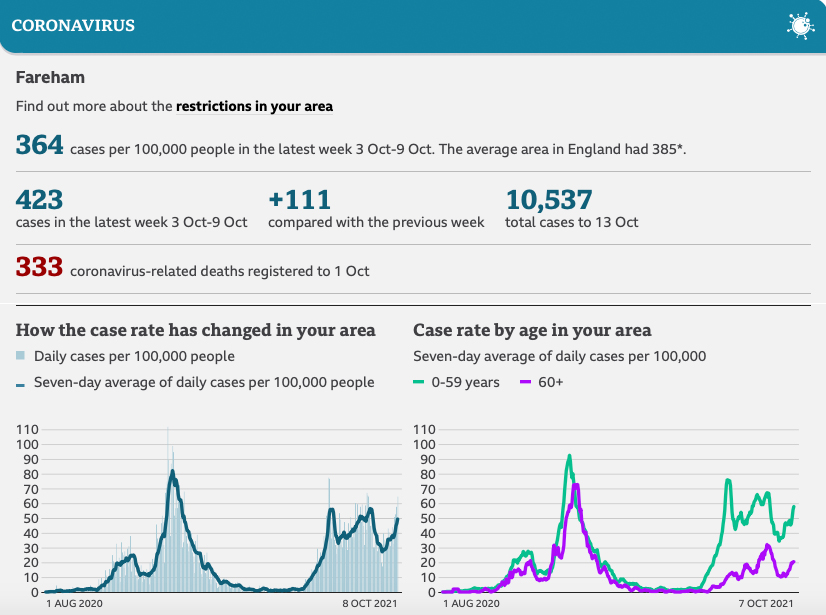Last Sunday I shared that due to pending pastoral reorganisation from the 1st of January I will no longer be the vicar of St Paul’s, Sarisbury Green. Due to Christmas our leaving service will be later in January. I know this came as a great shock, especially with the very short notice and there were many questions left unanswered. I will try to answer some of them here.
Firstly, whilst the timing and incredibly short notice is absolutely not of my choosing, in discussions with Portsmouth Diocese I agreed to leave sooner than what would have normally be my retirement age. This has been made possible by the pending pastoral reorganisation which is likely to include St Paul’s. As I have been saying for the past two years my post has been due to reduce to a half time post when I leave and the reorganisation process instigated by the diocese was highly likely to see this happen. That is partly why our PCC and the PCC of St John’s Locks Heath both agreed to explore joining together as a Team Ministry with a full time Team Rector at St John’s and a half time Team Vicar at St Paul’s.
For myself and Bella, we will continue to live at the vicarage until July 2022 as our own house is at present let to tenants and we are unable to move until the tenancy comes to an end. I will be taking a break from ministry to allow space and time for healing from my stress and depression that has been with me ever since my time off in 2019.
So what next for St Paul’s? The church will now enter a time without a vicar which is often referred to as a vacancy. The responsibility for running the parish is primarily in the hands of our churchwarden Janet who will be supported by our PCC, by Gary and Lorraine Snape and by Phil Rutt. Please pray especially for Janet who was not expecting this to happen! They will also be supported by our Area Dean and Archdeacon.
I have already discussed our Sunday morning services with Phil, Gary and Lorraine and they are happy to support the church community by leading most, if not all, of these services.
Our Multi-Generational service, More at 4, has been led by Gavin and Hazel Foster for the past term. They are now reviewing how this term has gone and the resources they have to keep it up. Please pray for them as we consider the best way forward.
Will St Paul’s get a new vicar? The answer is yes, however the average vacancy time in Portsmouth Diocese at present is well over 12 months. It is also almost certain that whoever becomes the next vicar of St Paul’s will not be full time.
The PCC will be meeting next week to discuss a range of areas relating to the vacancy and the transition from my time as vicar. There are lots of things I will be handing over and I’m sure there will be lots I’ve forgotten to mention due to the very shore notice. I have however reassured Janet that if there are practical questions I can help with I’m happy to do so in the early part of the New Year, however I will have no input or influence on things as they go forward and following my leaving service I will not attend any services or events at St Paul’s.
I’m aware that for many of the people associated with St Paul’s this is a new experience. I have been the vicar for 18 years and my predecessor Roger Mosely was here for 23 years. The total vacancy time between Roger and myself was only 7 months which would be unheard of today! This is all very different to the average time most vicars are in post which is 5-7 years. St Paul’s simply isn’t used to not having a vicar!
One of the things I was immensely grateful to Roger and Val Mosely for was that St Paul’s was an easy church to pick up the leadership of, there were no real problems and nothing that I had to spend time sorting out. I can clearly remember at my interview being told by a PCC member that the church knew that change was needed and they were looking for someone to help them with that change. I pray and hope that my successor will find the same. A church that is in good heart, that continues to be loving, caring and supportive. And a church community willing to change and adapt to fulfil the Great Commission that every child and adult within our parish should have the opportunity to meet Jesus for themselves.













